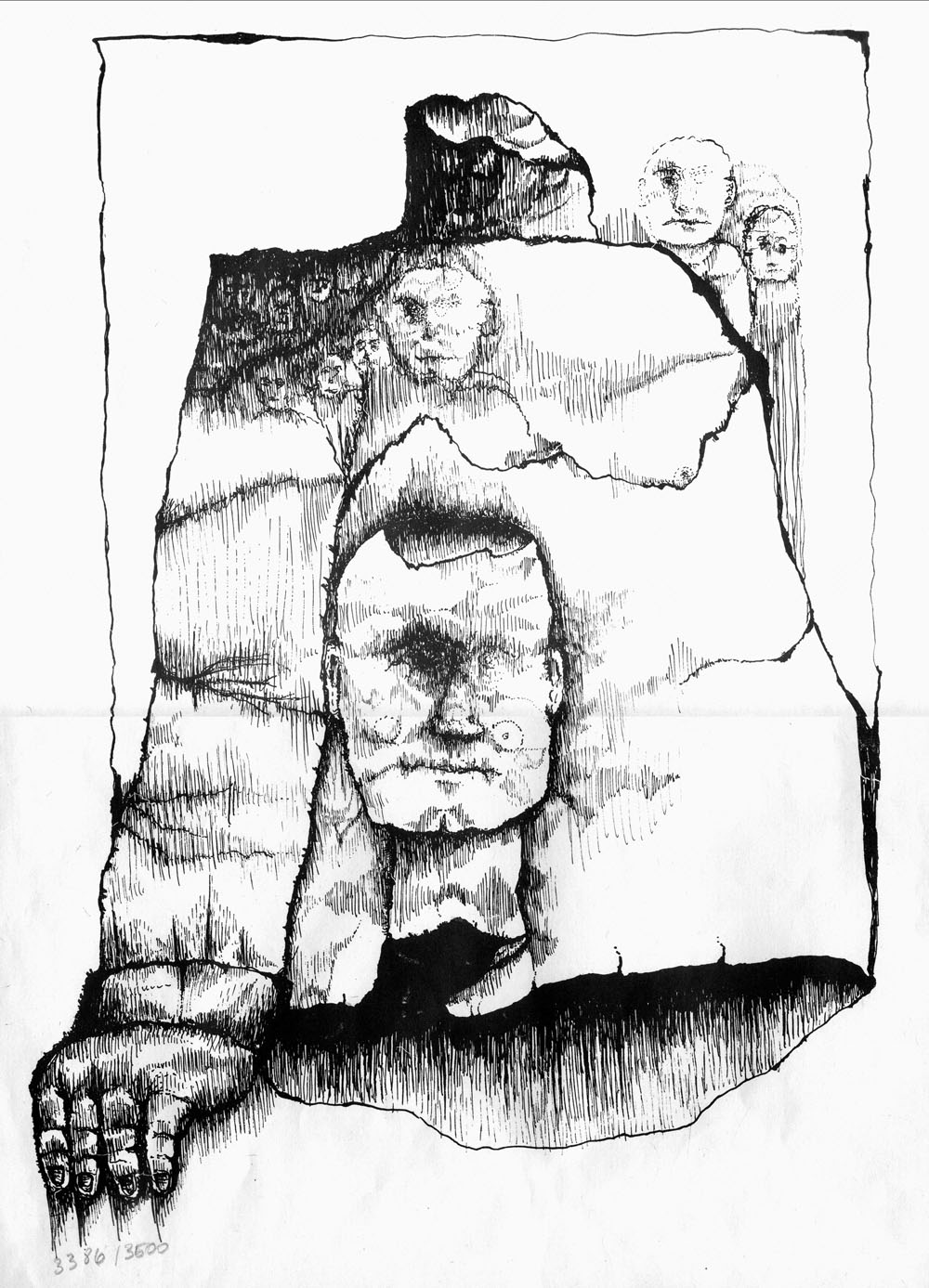Christian Kroll (University of Michigan)
In The Righteous Empire: An Imposition to the Other in Why We fight? and Syriana, David Gregory analyzes how the documentary Why We Fight and the movie Syriana question the American government´s “discourse of homogeny and equality […] that does not and cannot permit dissidence.” He claims that both films expose how this discourse is manufactured as well as what he considers to be the real reasons behind the ongoing war in Iraq, namely, securing resources (oil) and feeding the military-industrial complex that sustains economic development in order to perpetuate the American way of life. Moreover, and even though this discourse has been present throughout the twentieth-century, Gregory asserts that its intensity and self-referentiality have perilously increased in the aftermath of 9/11. As a result, ideals or concepts such as “freedom” and “democracy” are used only rhetorically to achieve a unilateral and artificially created consensus regarding the necessity of the ongoing “war on terror,” a consensus that disguises the American self-proclaimed “right” to police the world and the “real” concrete reasons behind the war. As Gregory states it, “to be free becomes a mirage, an excuse to follow and to create a false consent.” This unilateral consensus was succinctly expressed by President Bush in his famous reenactment of Carl Schmitt’s reduction of the political to the distinction between friends and enemies: “You are either with us or against us.” Of course, who gets to be considered as friend and who as enemy is always defined a priori and therefore becomes an intrinsic and determinant component of the manufacturing of unilateral consensus.
Gregory’s analysis of the way the war was justified and the possibility of art to create and express dissent is a necessary one, but his paper also posits important questions for our convoluted times: What is the role of the people when the state and the government that supposedly represents them deems its opinion and political participation as inconvenient and unnecessary? Is it still possible under such circumstances to talk about “democracy” or must we accept the ineffability of those in power and the validity of their imposed consensus? Moreover, is consensus possible at all, or is it the disguised imposition of the will of the most powerful and therefore always manufactured and artificially created?
As such, Gregory’s paper works not only as a starting point to discuss the “discourse of homogeny and equality […] that does not and cannot permit dissidence,” but also as a wakening call to those living under the shadow of a unilateral and artificially created consensus that conceals the ongoing state of emergency in which we live.


No comments:
Post a Comment